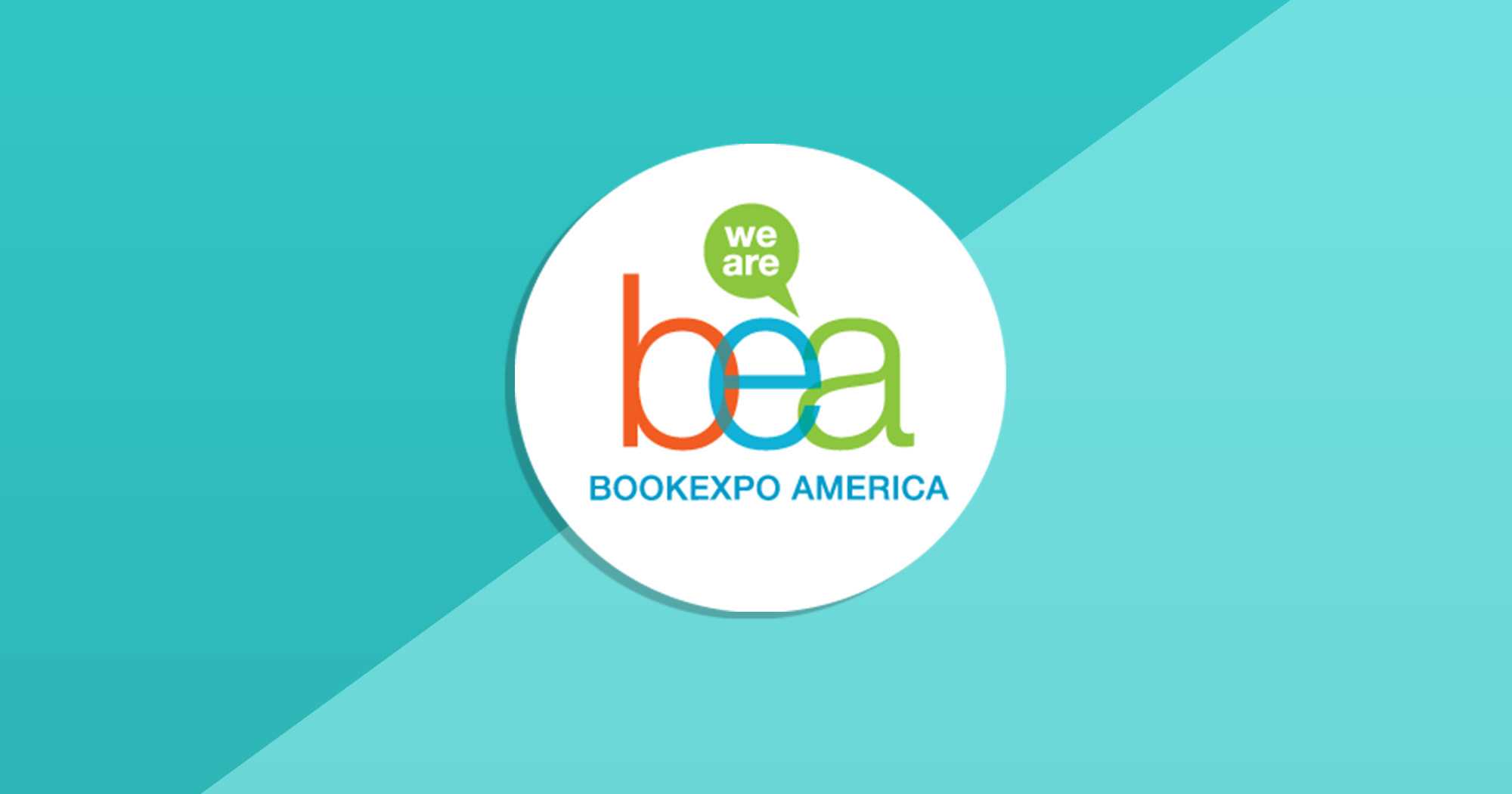At BookExpo America, It's Indie Authors Who Show They are Engines of Innovation

I’m always wary of groupthink, so I purposely have not read any news coverage of BookExpo America last week. I don’t like the impressions of others to bleed into my own. I suspect, though, that attendance was down due to its move from the NYC Center of the Universe to flyover-peopled Chicago, and the absence of large publishers such as Houghton Mifflin, made the annual book-industry gathering seem less relevant. That may be true, but from my point of view, BEA 2016 was a huge success. But, then, I’ve always gone to conferences like these ignoring the large displays and instead searching the obscure corners for real innovation. And I found it in the indie authors eagerly taking copious notes at self-publishing forums, quietly continuing the publishing revolution they’ve already begun.
A couple of journalism incarnations ago, I covered the auto industry and wrote about the North American International Auto Show in Detroit every year. My dirty little secret was that I was never really was very interested in cars. It was technology and innovation that excited me. The auto industry, as it existed in the mid- to late-‘00s, was uninteresting. Same ol’ minivans. What will come next? That was worth writing about. So, I’d interview the electric vehicle startups and battery technology companies that were exiled to the basement of Cobo Hall. I always looked not just for the minority opinion, but for the people who “get it,” who understand what it is the industry is trying to achieve in the long run. Who is looking down the road? And, over the years, I watched as these electric vehicle innovators moved from the basement to the main floor of the show.
At BEA last week, I used that analogy on Robin Cutler, director of IngramSpark, which helps authors and organizations publish their own books. “It’s a perfect analogy,” Cutler said, “because three years ago when we launched IngramSpark, we were in the basement of Javits. And now we’re on the main floor attached to the Ingram huge booth here.”
Self-Publishing Rock Star
Cutler apologized to me because she could barely find time to talk. She was like a rock star, swarmed with eager groupies. The self-published authors at BEA attended her discussions and seminars religiously and demanded her time afterward to discuss their projects. IngramSpark’s customer base has grown almost too fast in the past three years, she said, and they’ve had to make sure they grow at the same level to ensure the same quality of service.
But when I told Cutler my pet theory that the Big 5 publishers are becoming less relevant due to the self-publishing revolution, she curbed my enthusiasm a bit and set me straight. “Maybe I’m thinking about it wrong,” I said. “Maybe indie publishing and self publishing isn’t a replacement to the legacy publishing industry but an addition to it.”
“That’s what I think,” Cutler replied. “The opportunity now is available. If you want to be traditionally published a lot hasn’t changed about that, but you don’t have to do that. You can bring it to market yourself.”
I brought up IngramSpark’s partnership with local libraries as an example. Libraries, themselves, are becoming publishers. No large publisher will ever be interested in a book by your local historical society. But your local library is the perfect “publisher” for that kind of work. And that’s where respectable, helpful self-publishing services like IngramSpark come in.
But while Cutler still thinks of her service as only an addendum to the greater publishing industry, despite IngramSpark’s explosive three-year growth and the fervency of her acolytes at BEA. I’m still not sure that I’m thinking of this wrong. I’ve already written about the publishing industry’s self-delusion about the fall of e-books and the legacy industry’s inevitable adoption of self-publishing in the same way that news organizations adopted blogs, so I won’t repeat those arguments here.
Stories Deserve to be Told
Instead, I’ll tell another story. In 2009, I wrote an article about a corrections officer in Ann Arbor, Michigan, who was doing innovative things with the jail inmates under her care. She had this crazy idea that if you actually care about the inmates, listen to their problems, give them the support and tools to succeed, then they might not make return visits. Four years later, I became executive editor of Foreword Reviews and I stumbled on a review we had written on her book, called What If I’m Right? According to our review, the book wasn’t great. It had the usual problems of a self-published book: mainly poor organization and editing errors. To me, all that means is that she didn’t have a lot of money to spend on the right kinds of services to advise her. Yet lack of money or backing from a publisher does not make what she has to say any less valuable and valid. She’s made a big difference in a lot of lives and her story deserves to be told.
There were no open tables during a lunch break at BEA, so I asked a woman if she didn’t mind if sat with her to eat. She saw my Foreword Reviews badge and immediately showed me a self-help/psychology book she had written and was shopping around. It was contained in a ziplock bag, and she let me look at the cover as if it were the most precious thing in the world to her. I never took it out of the bag, for fear I would accidentally spill coffee on it. I don’t know if the book is any good, but that is completely beside the point. It represented years of work and was the culmination of decades of experience in her field. There is bound to be something valuable in there even if it’s poorly written and her conclusions are wrong.
At the IBPA booth, a woman told me that she is “just a fan of good storytelling,” no matter who publishes it. I’d take that a step further and say that I’m a fan of stories, whether told well or not. I see them every day in my work at Foreword Reviews, the self-published books filled with grammatical mistakes, clichés, bad covers, poor organization, the poorly-thought-out pet theories. It’s messy, it’s noisy, it’s humanity, and it all should be published and preserved. The preservation of thought, of experience, no matter the flaws in the writing, are worth it.
And, to me, these authors and those who support them are the true innovators in publishing today. Individually, very few will break out of the pack and make it as an author. Still, they are the engines of change, the battery electric vehicles that will drive the publishing industry into the future.

Howard Lovy is executive editor at Foreword Reviews. You can follow him on Twitter @Howard_Lovy
Howard Lovy
